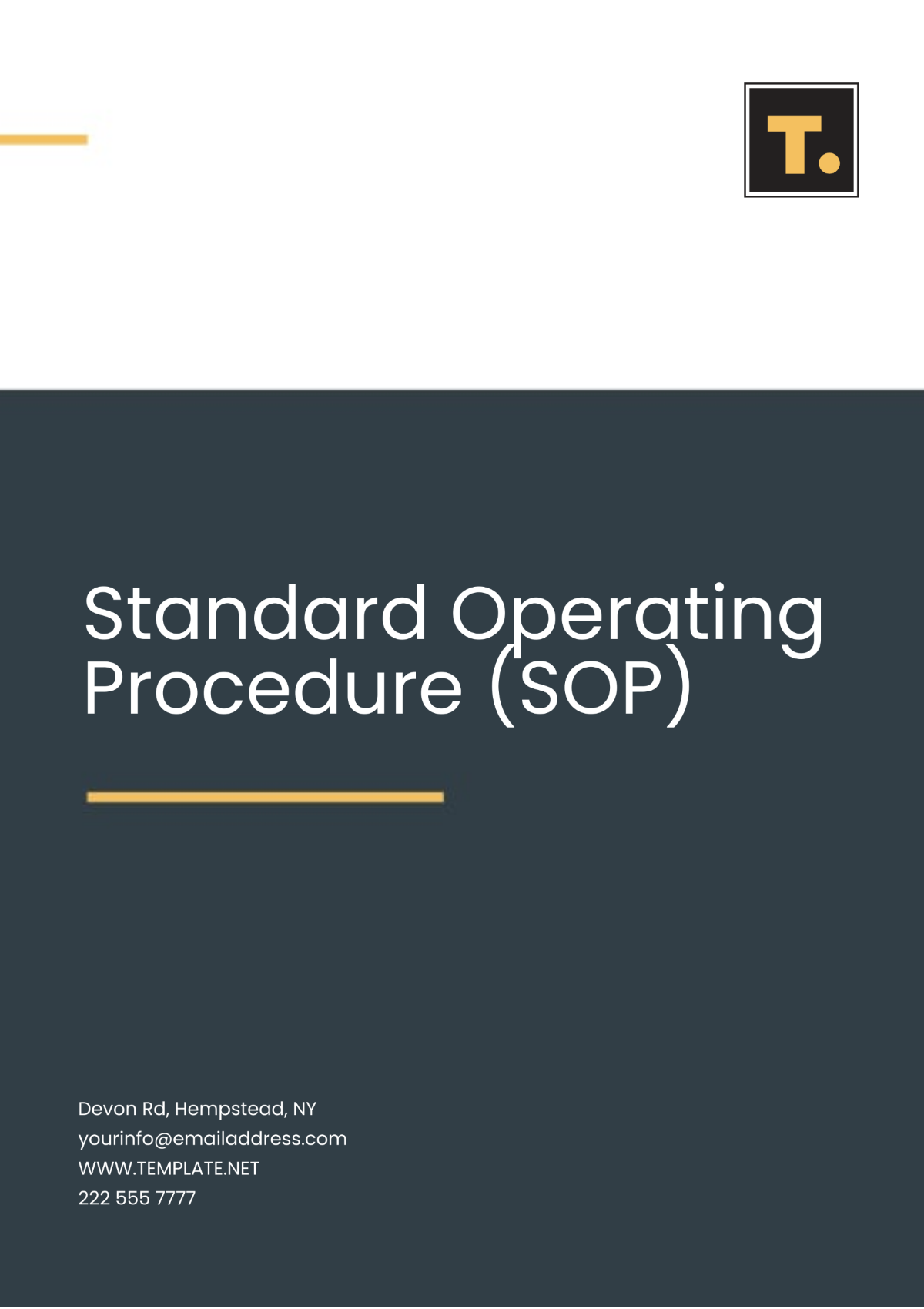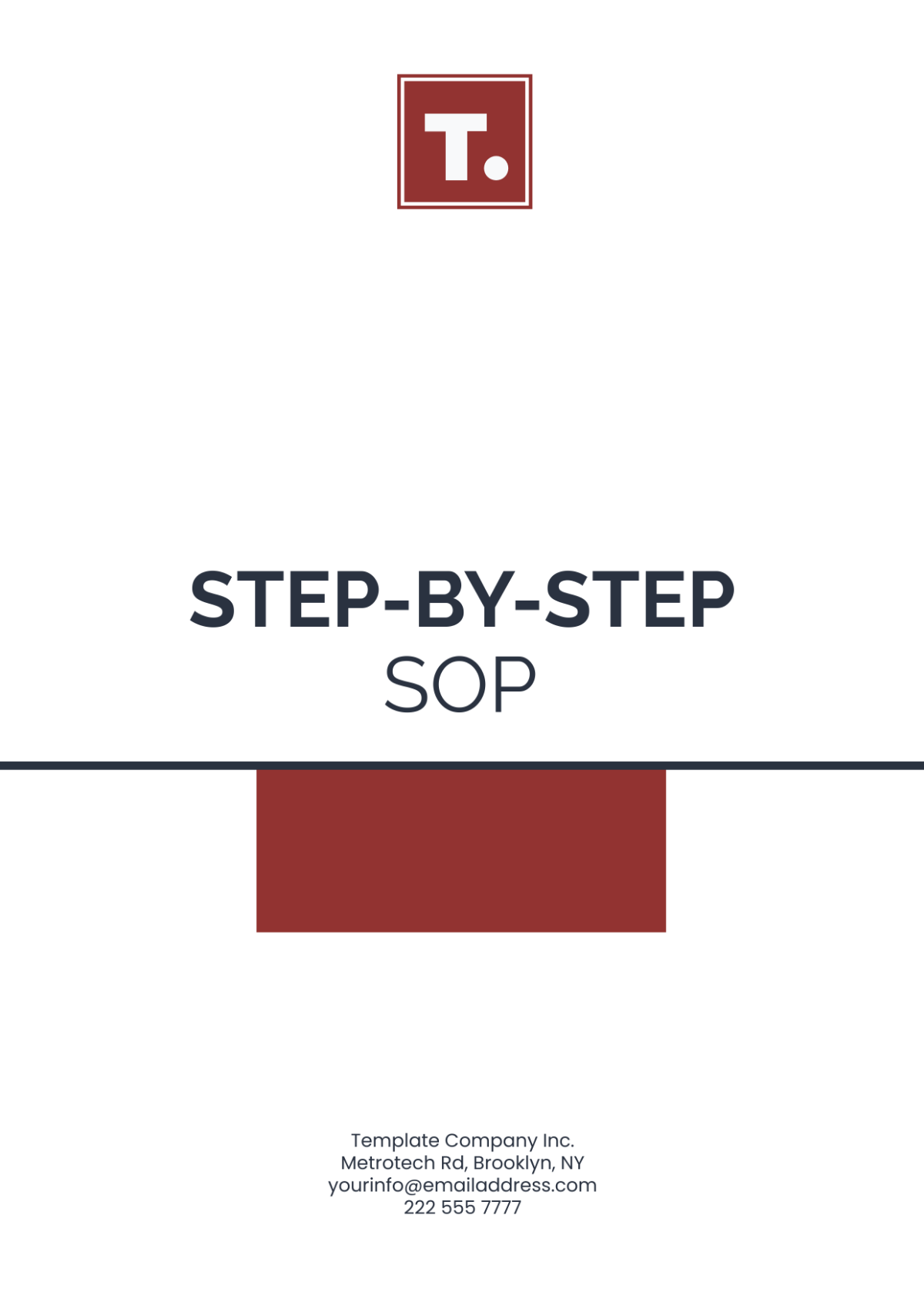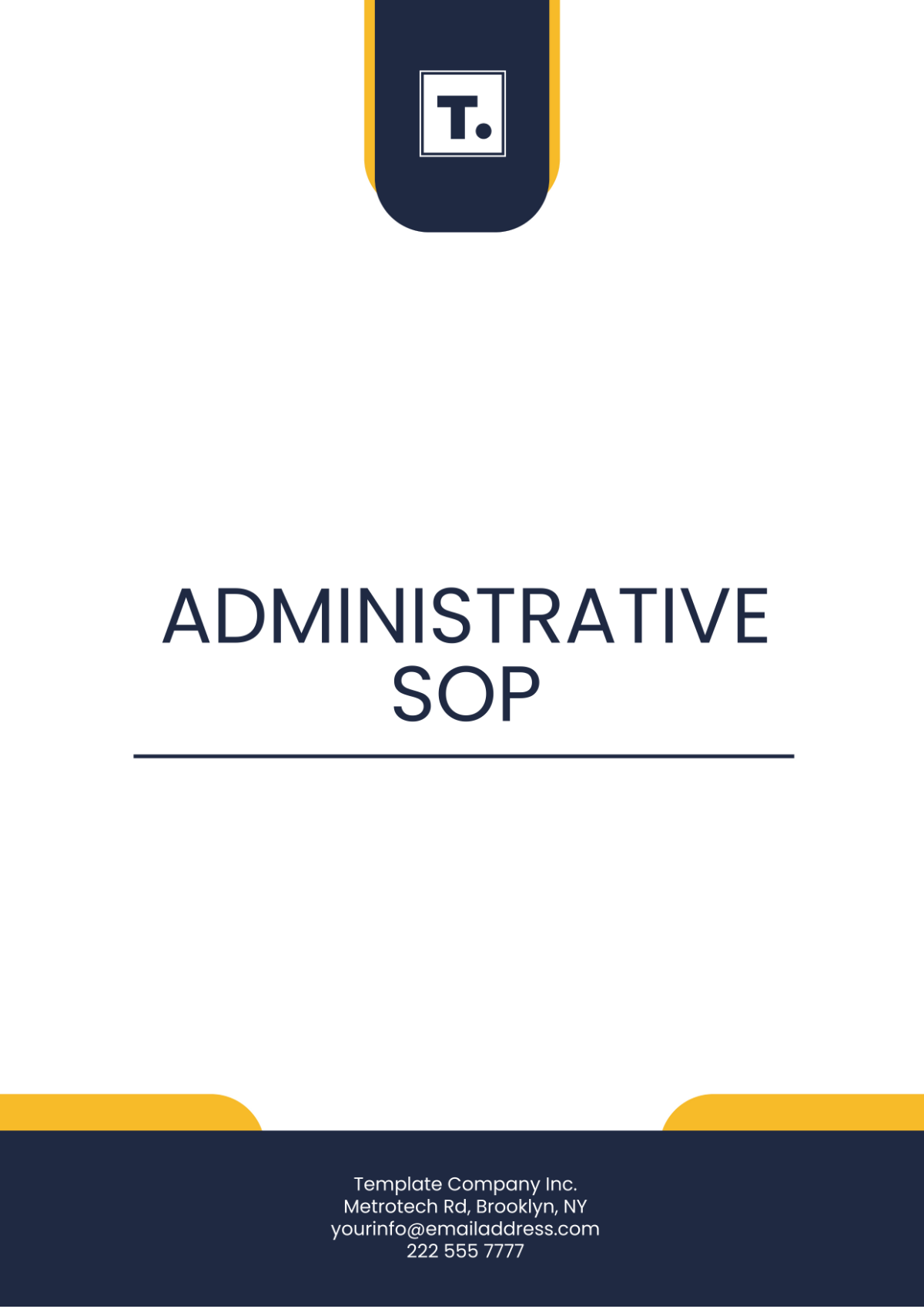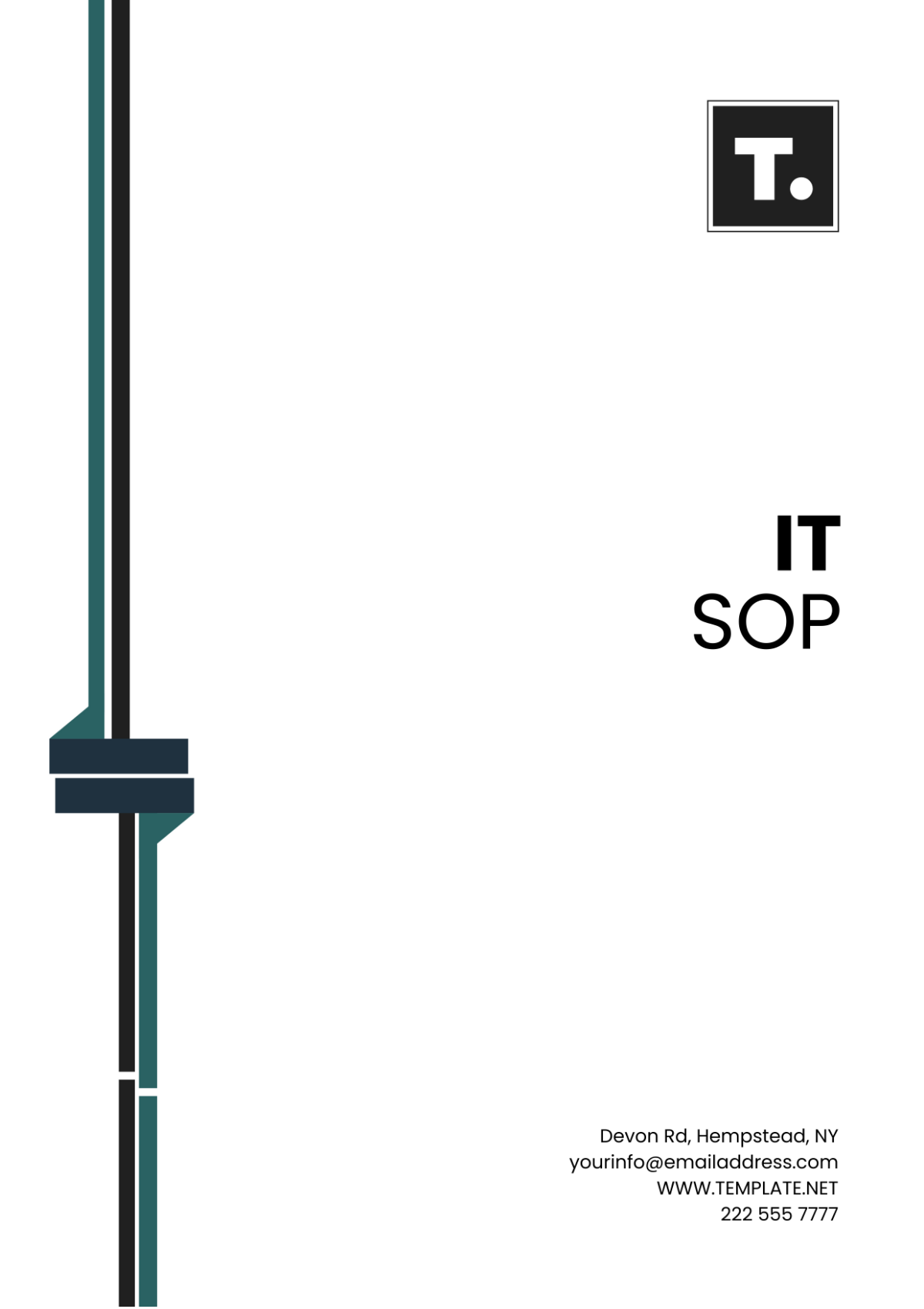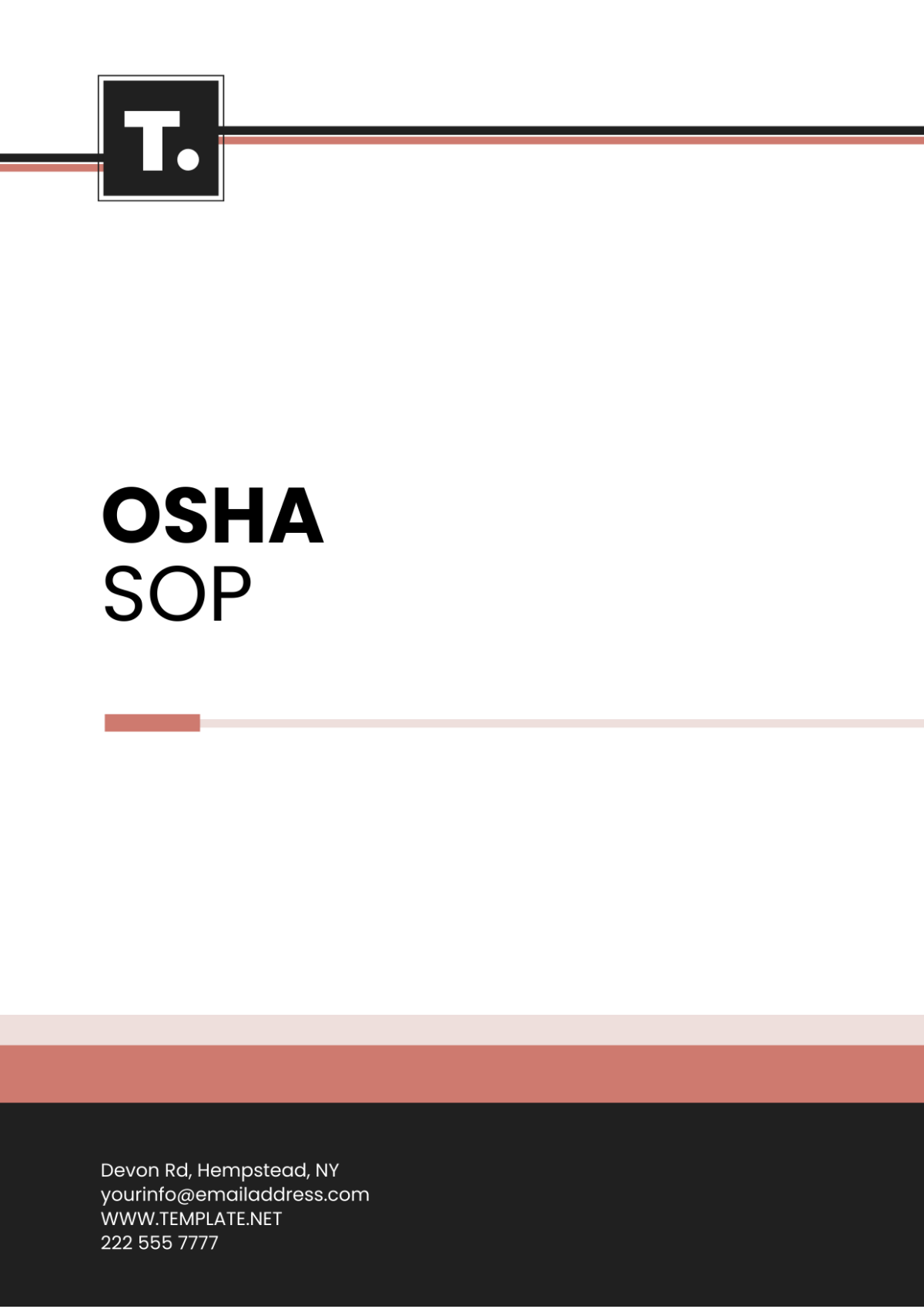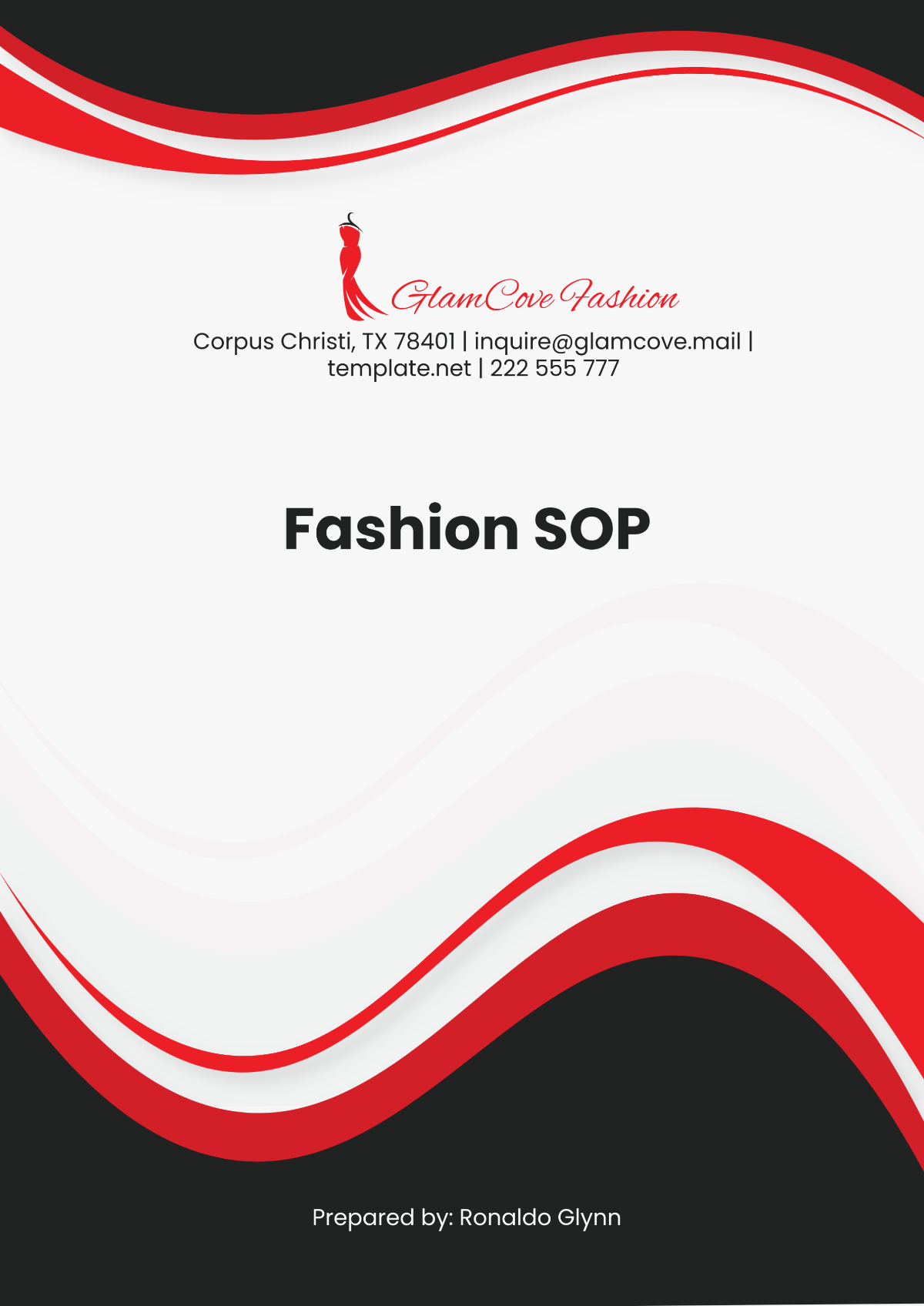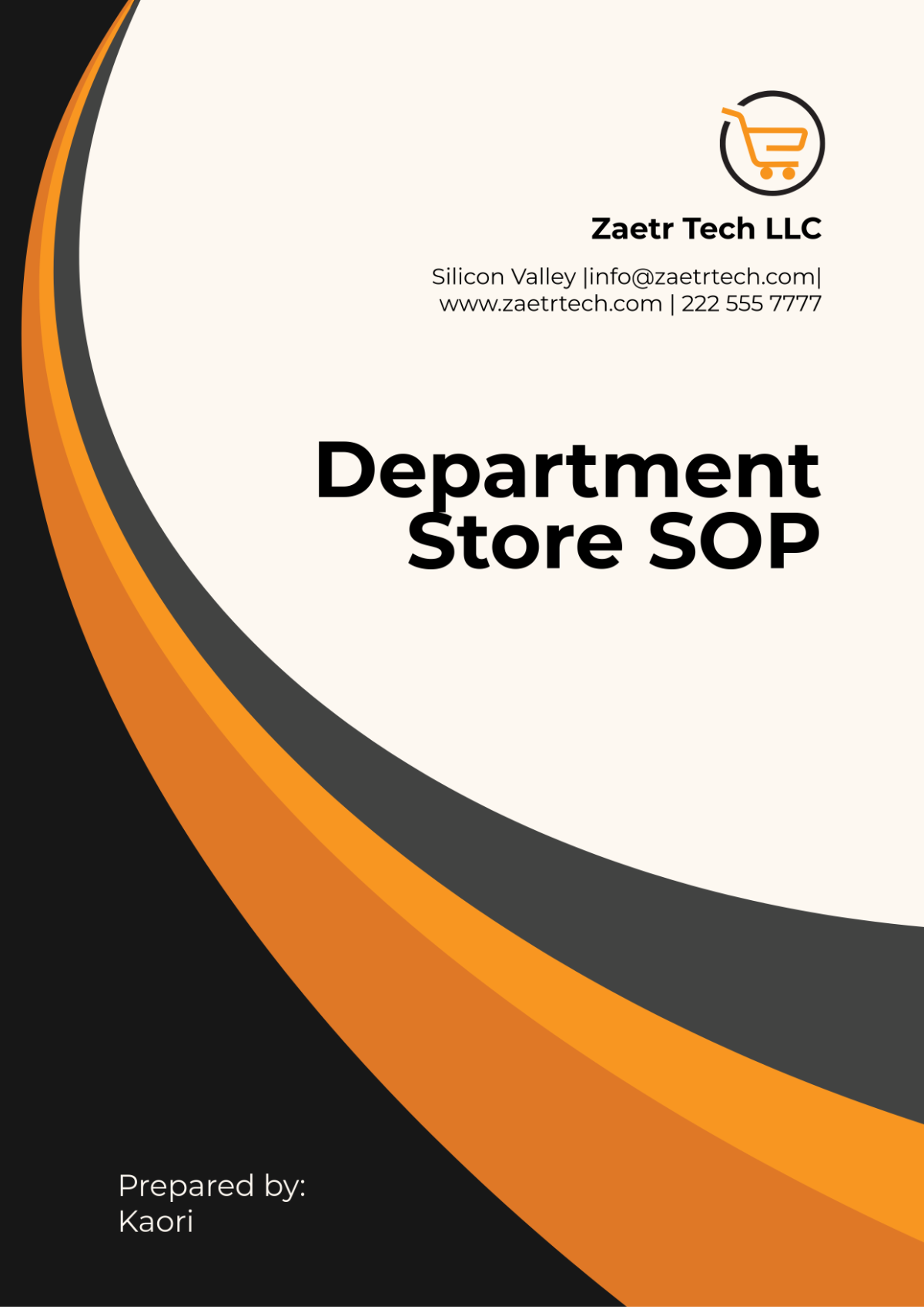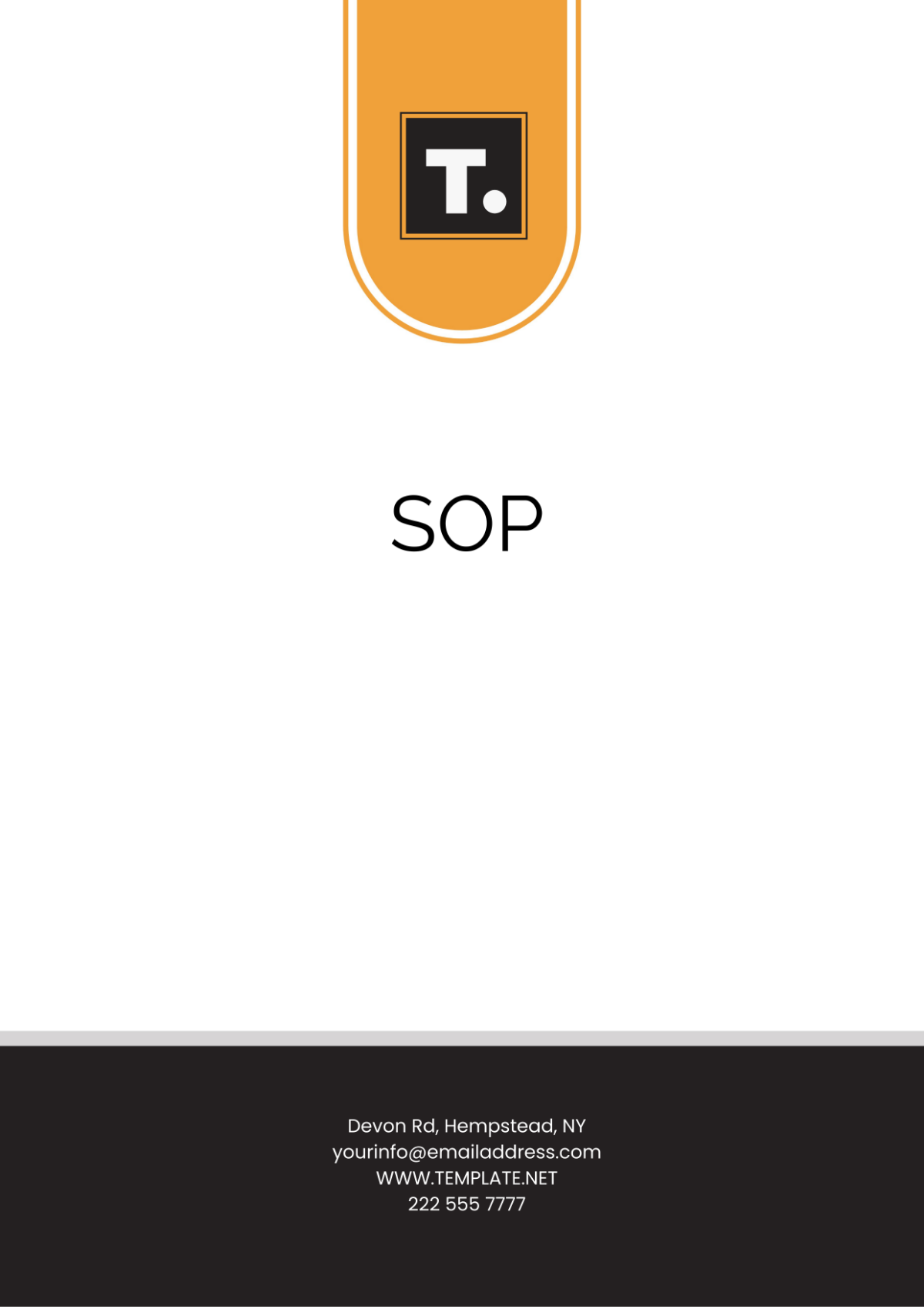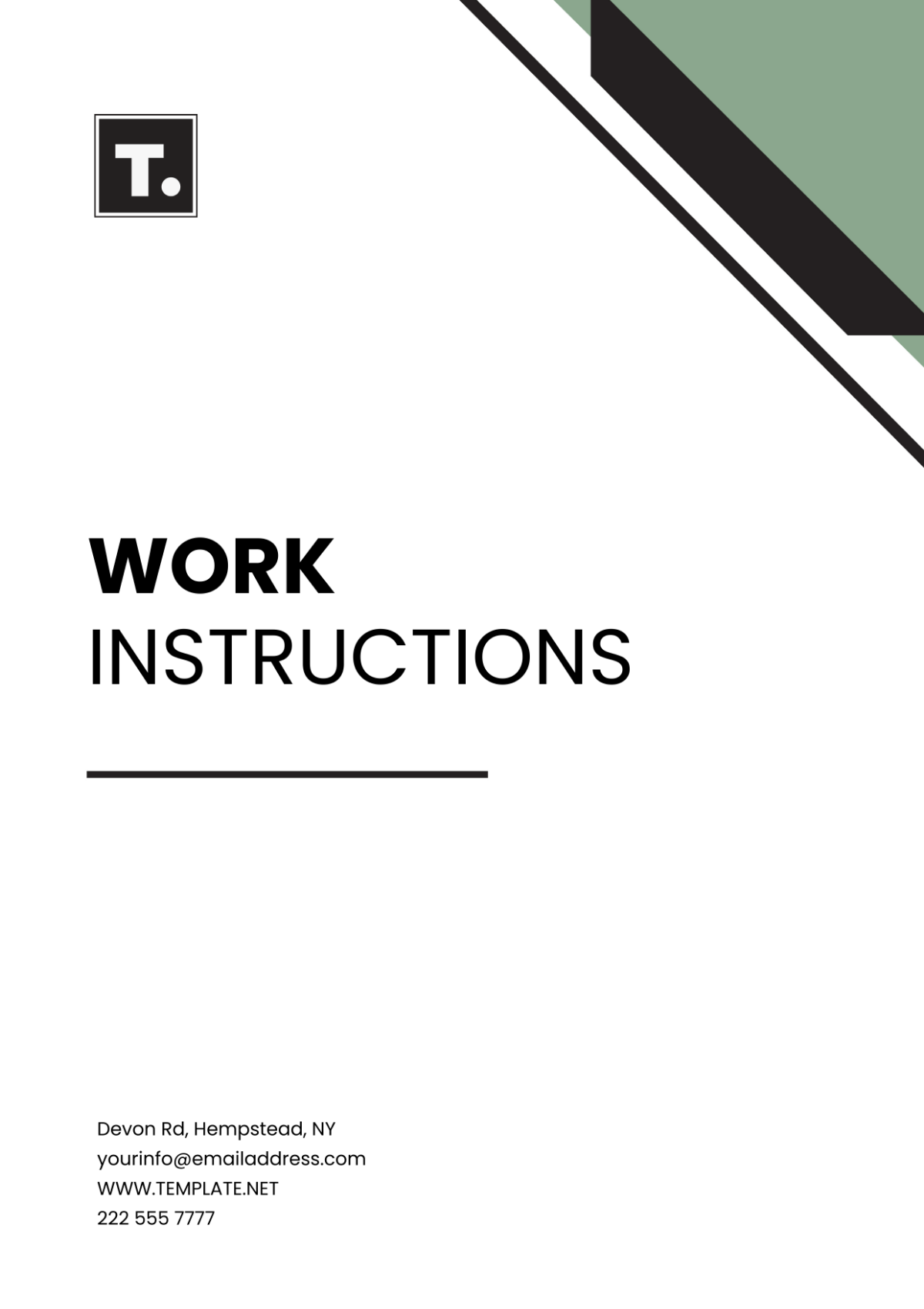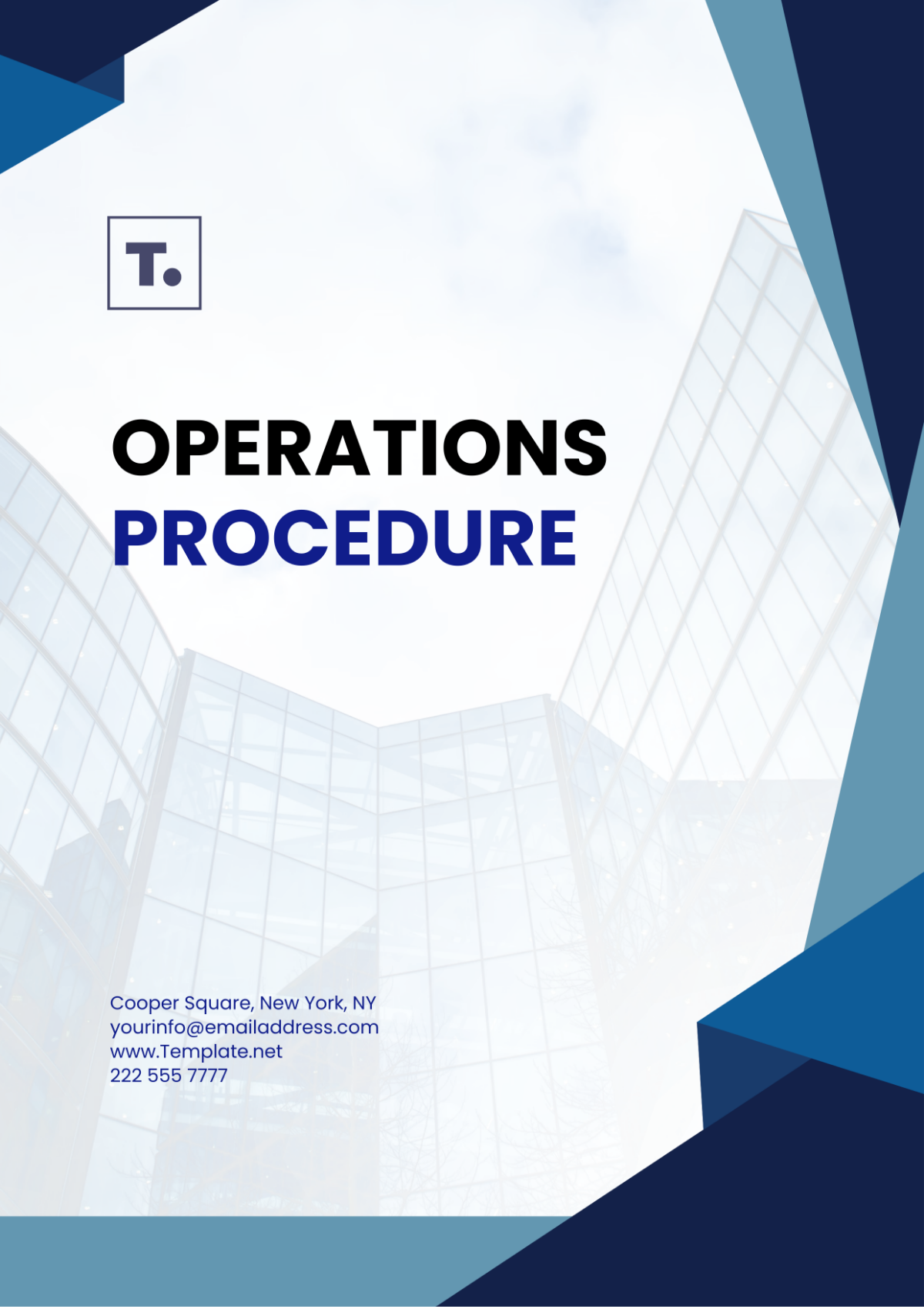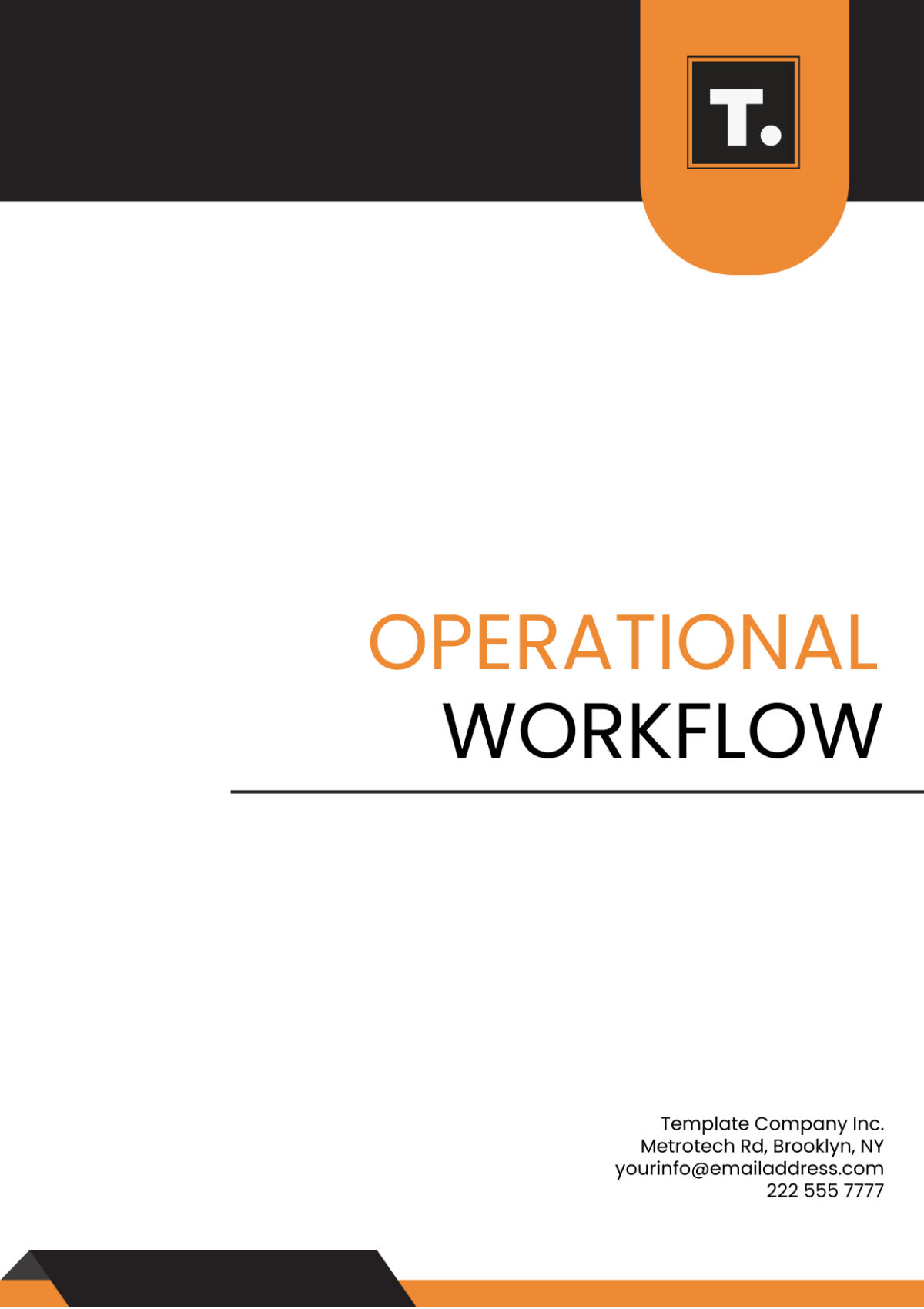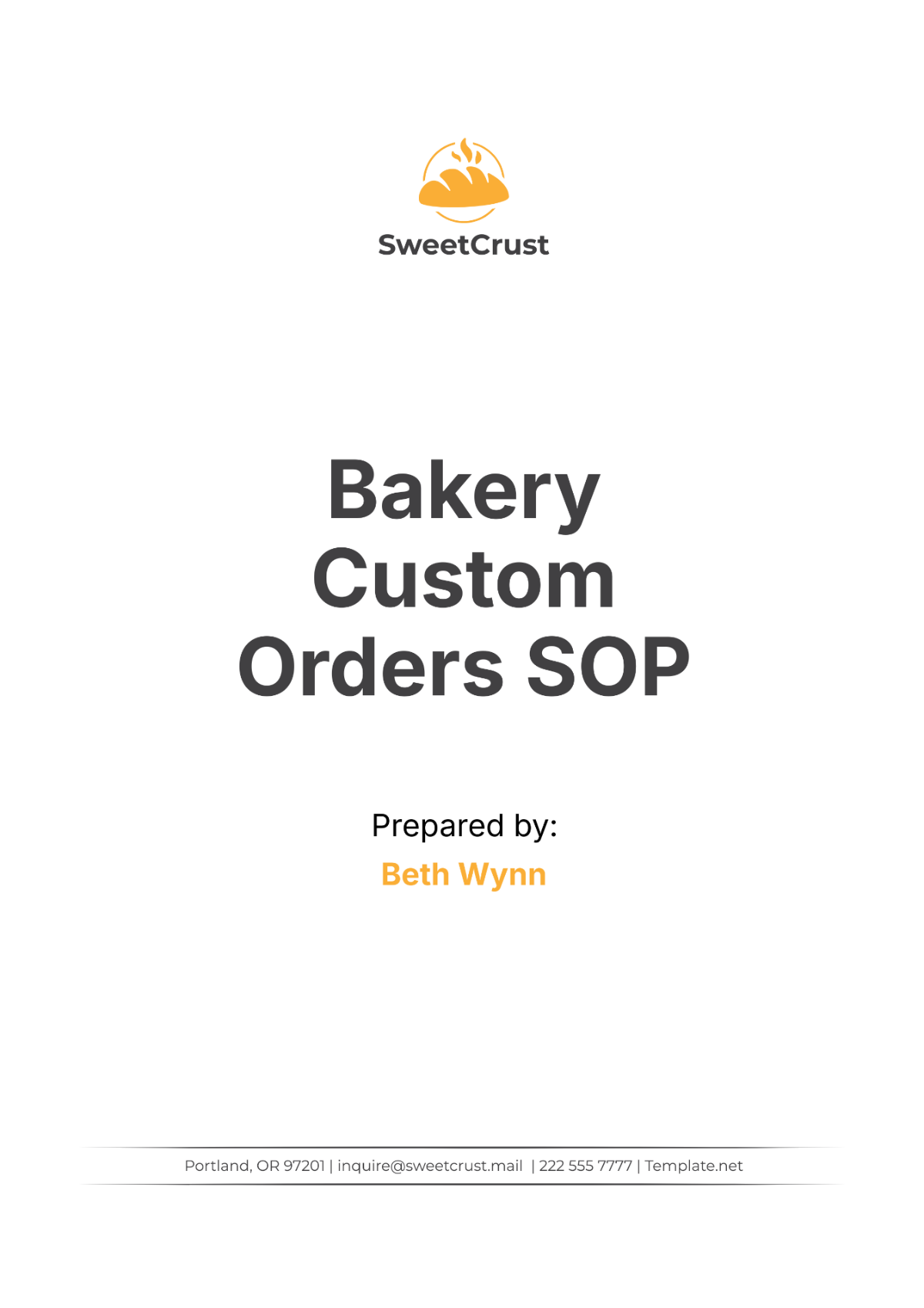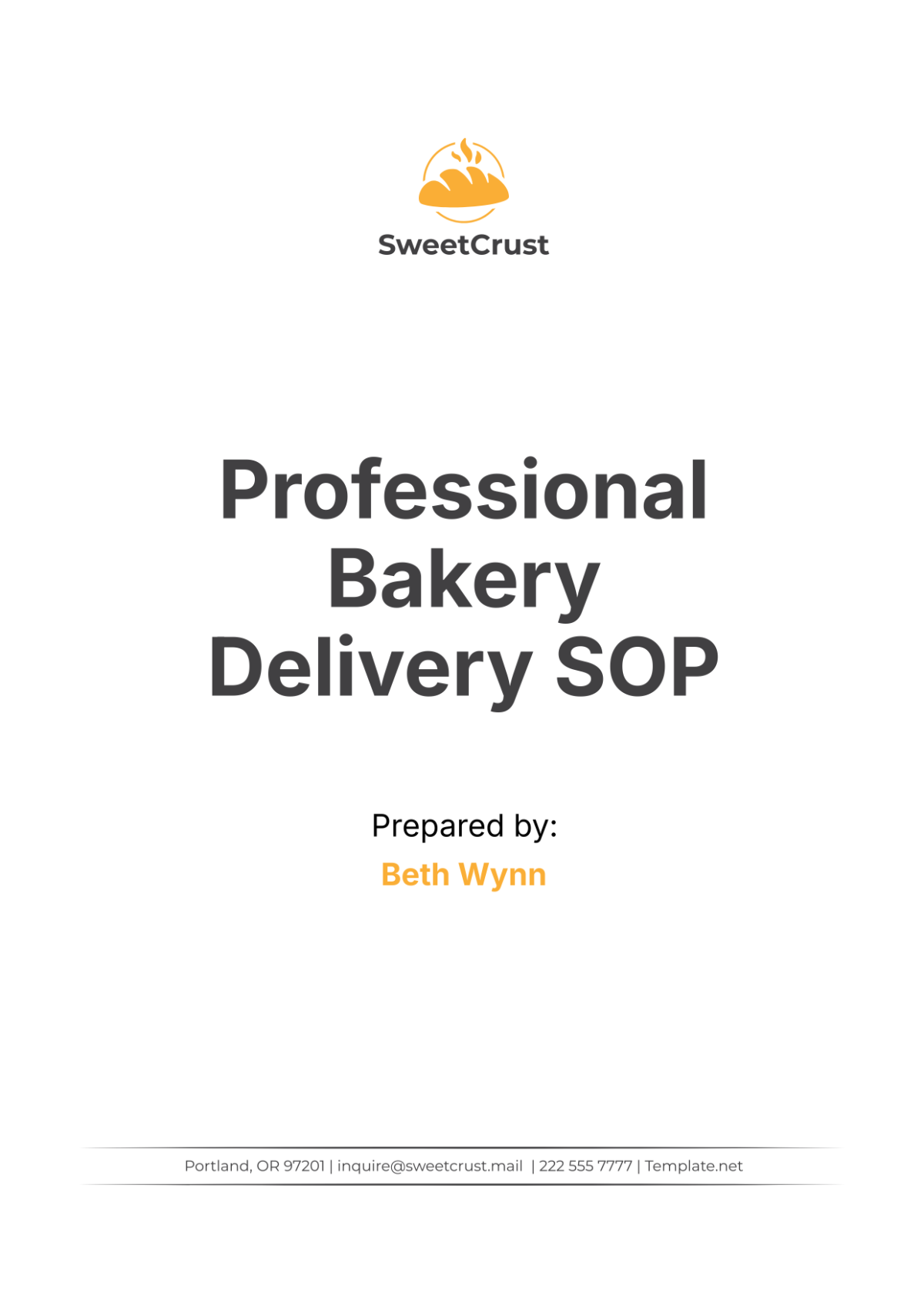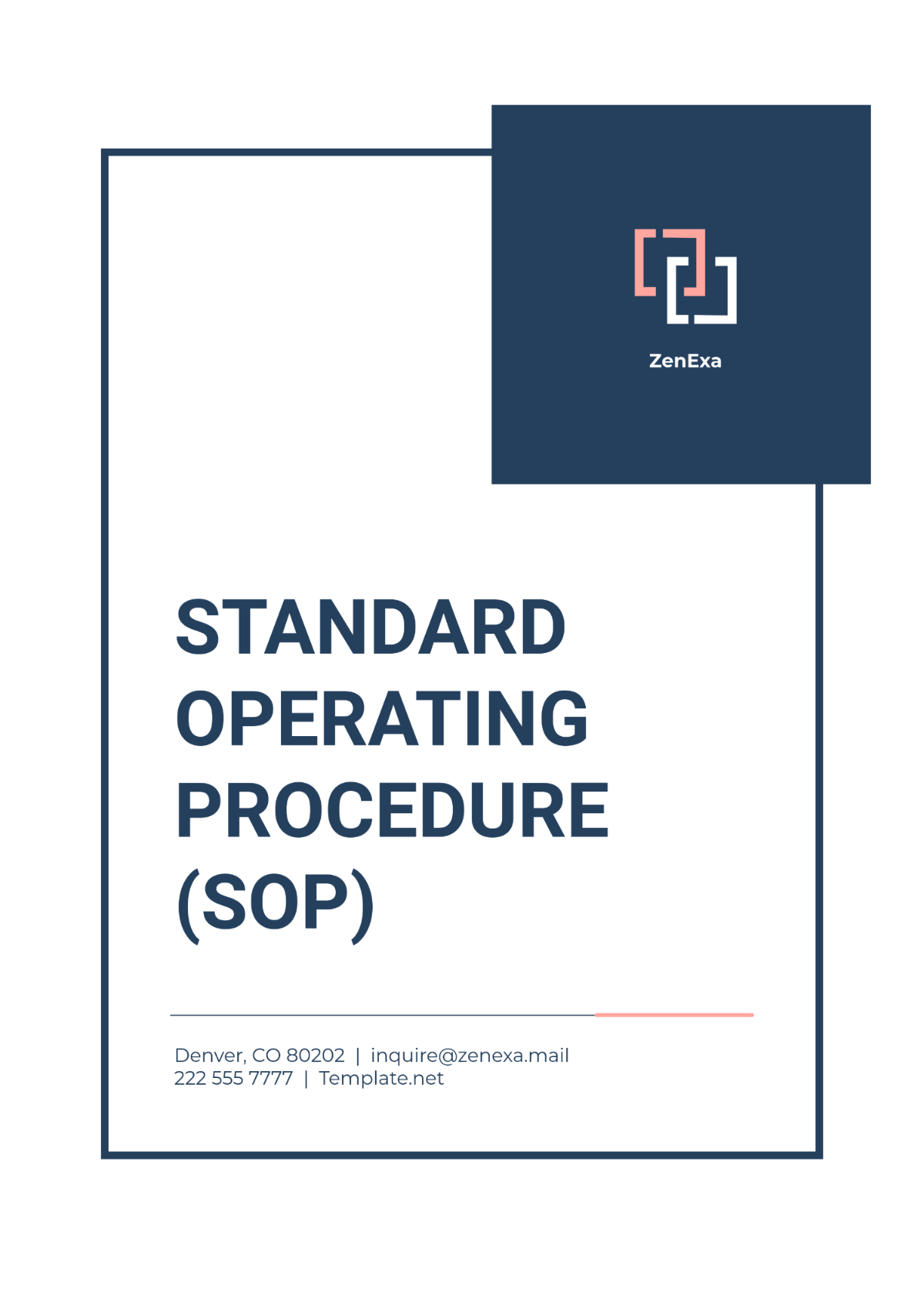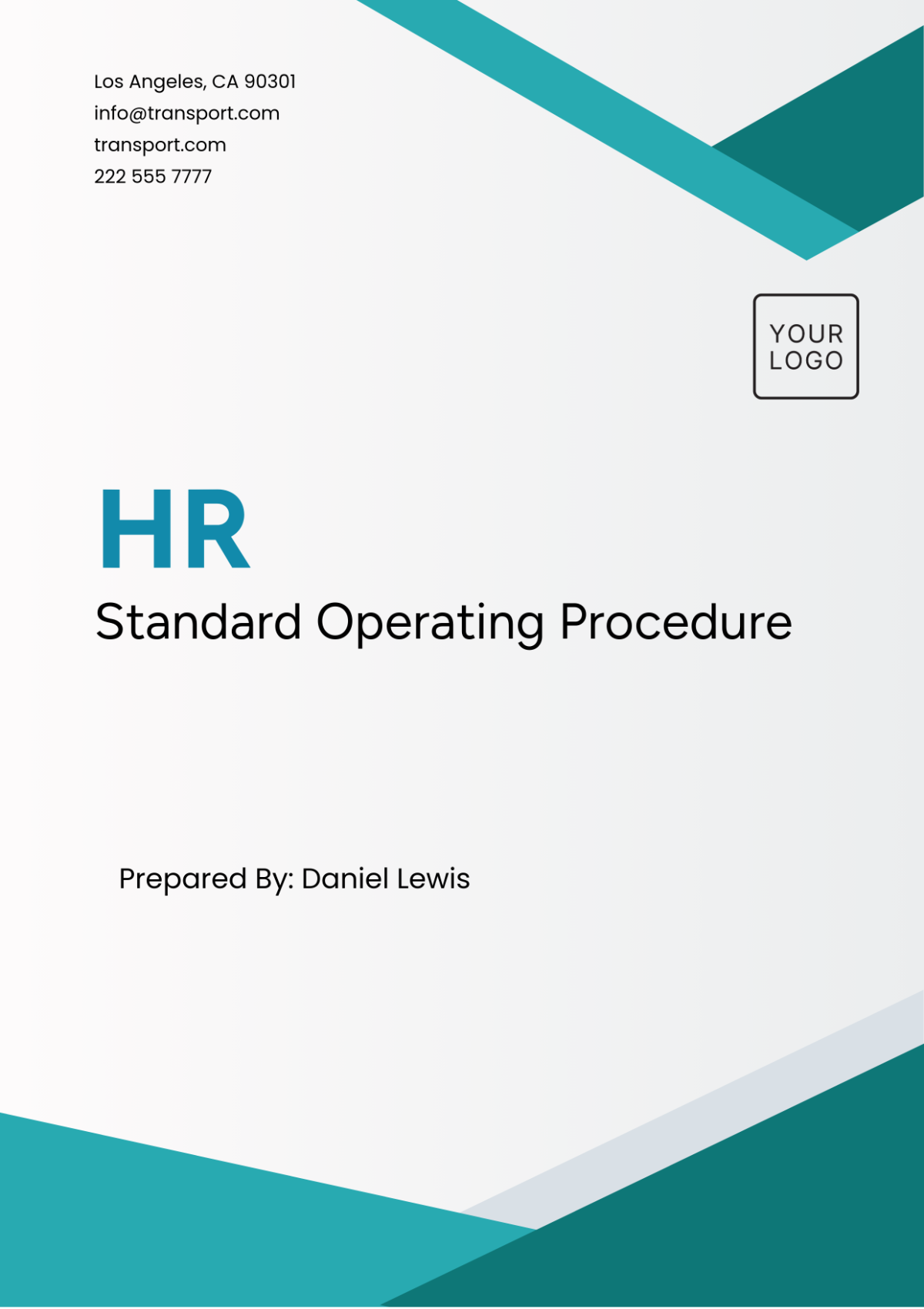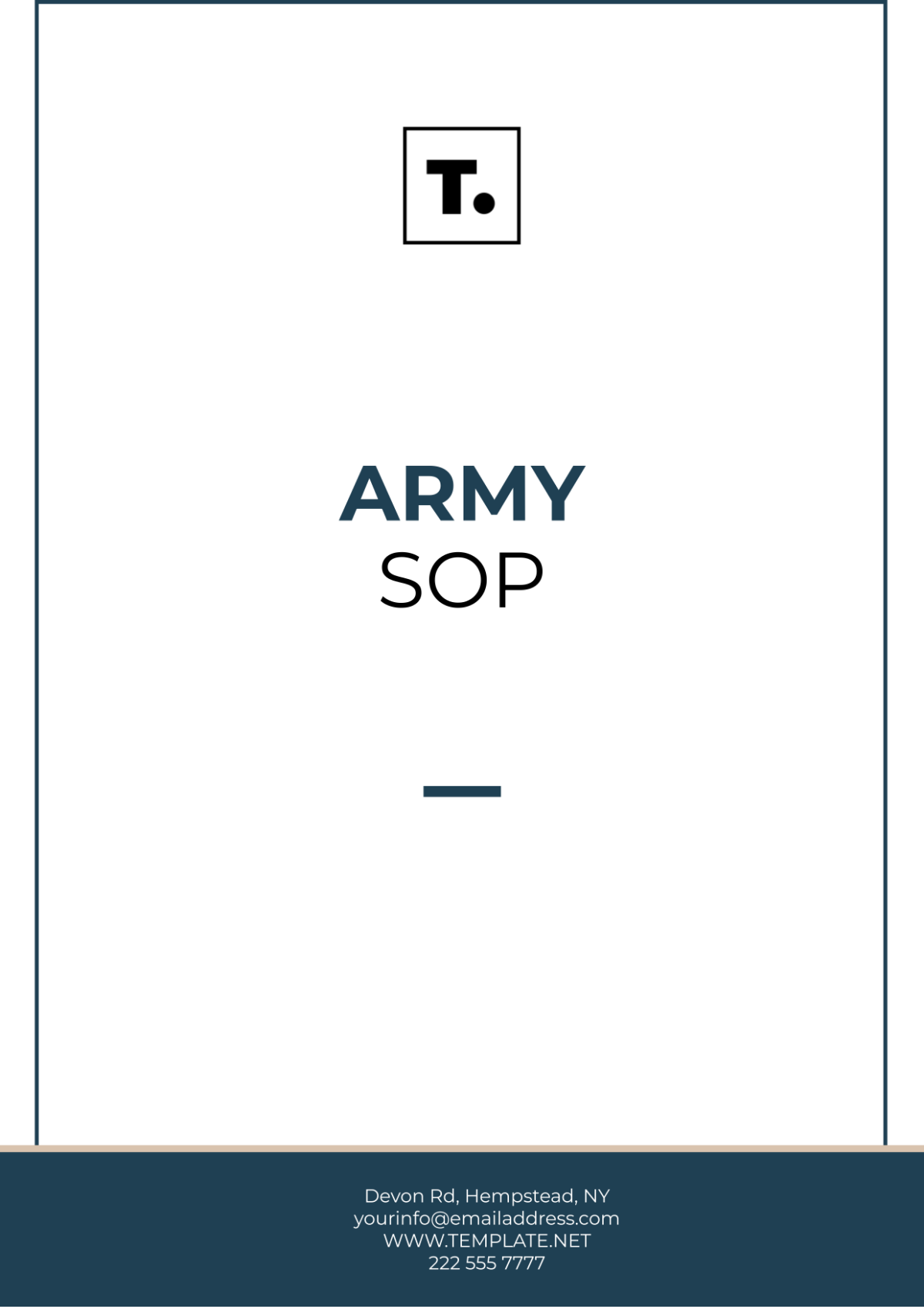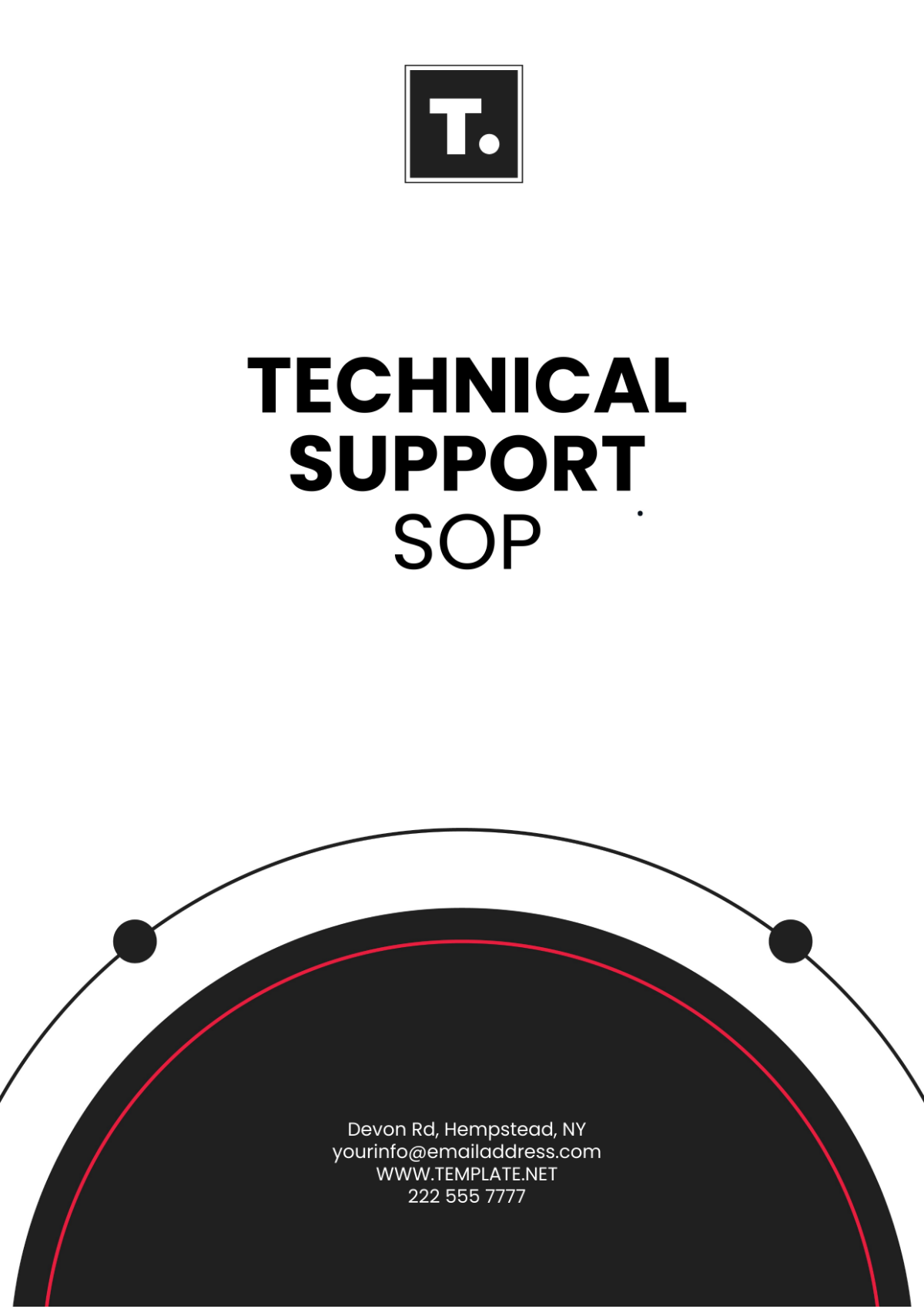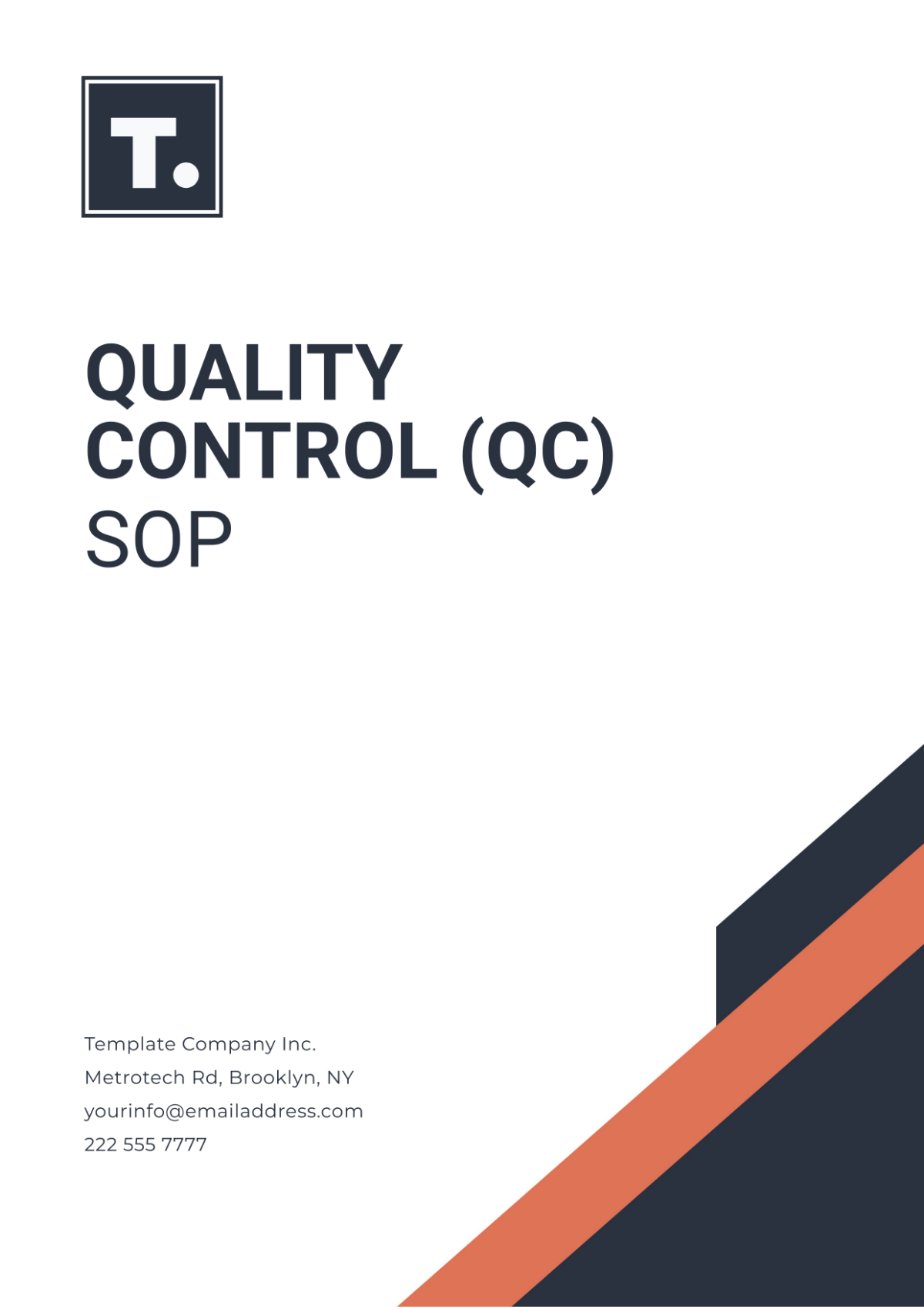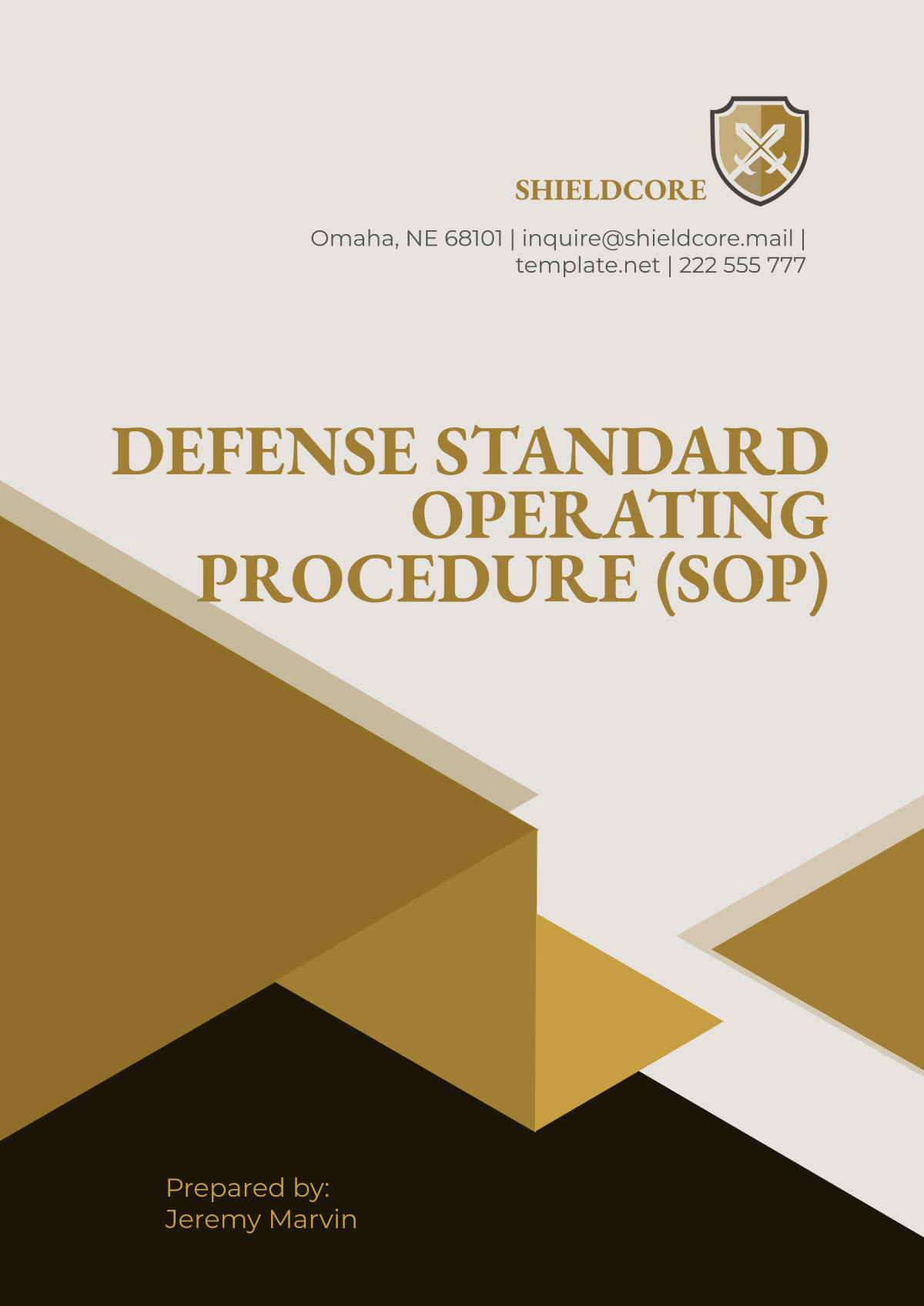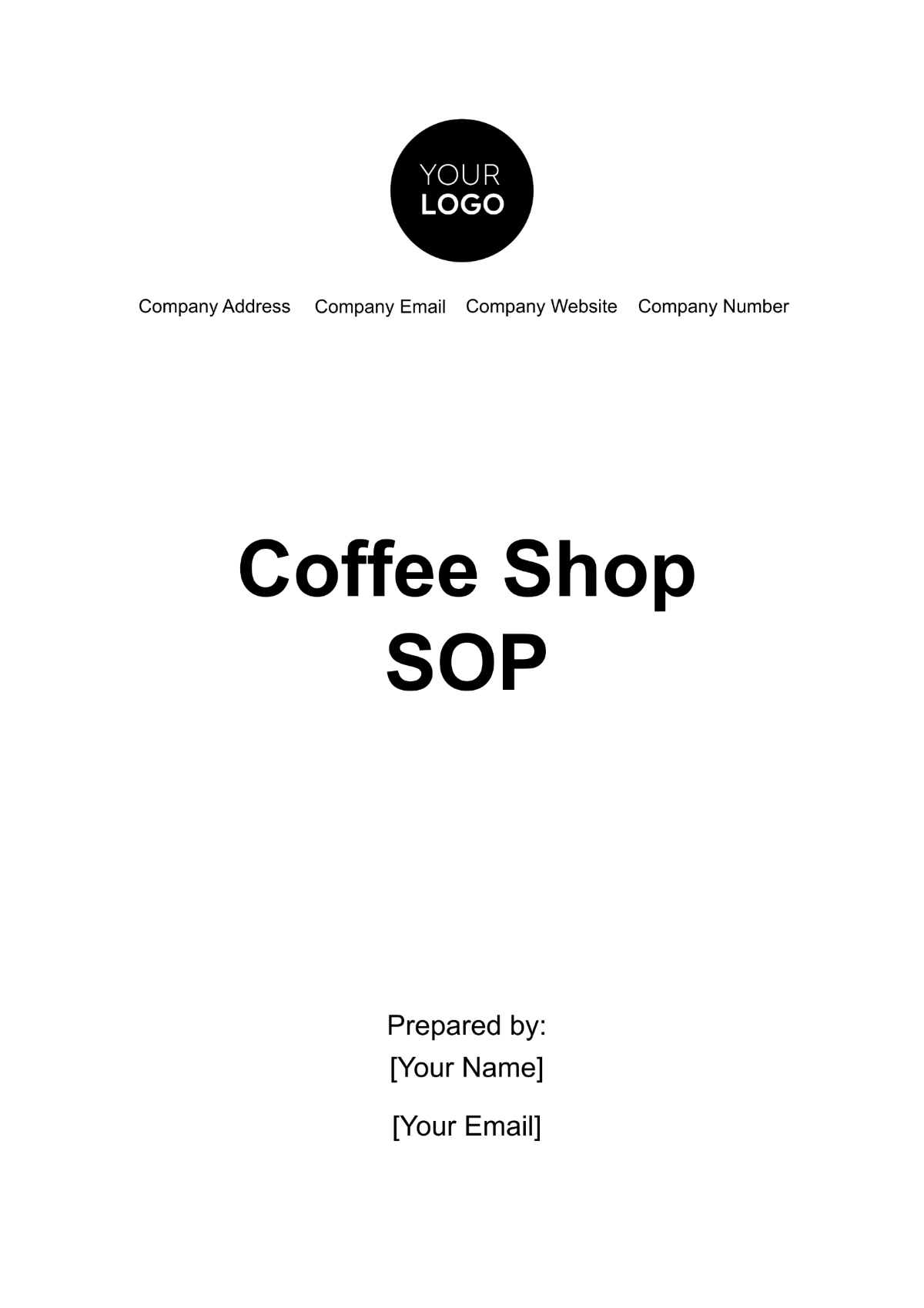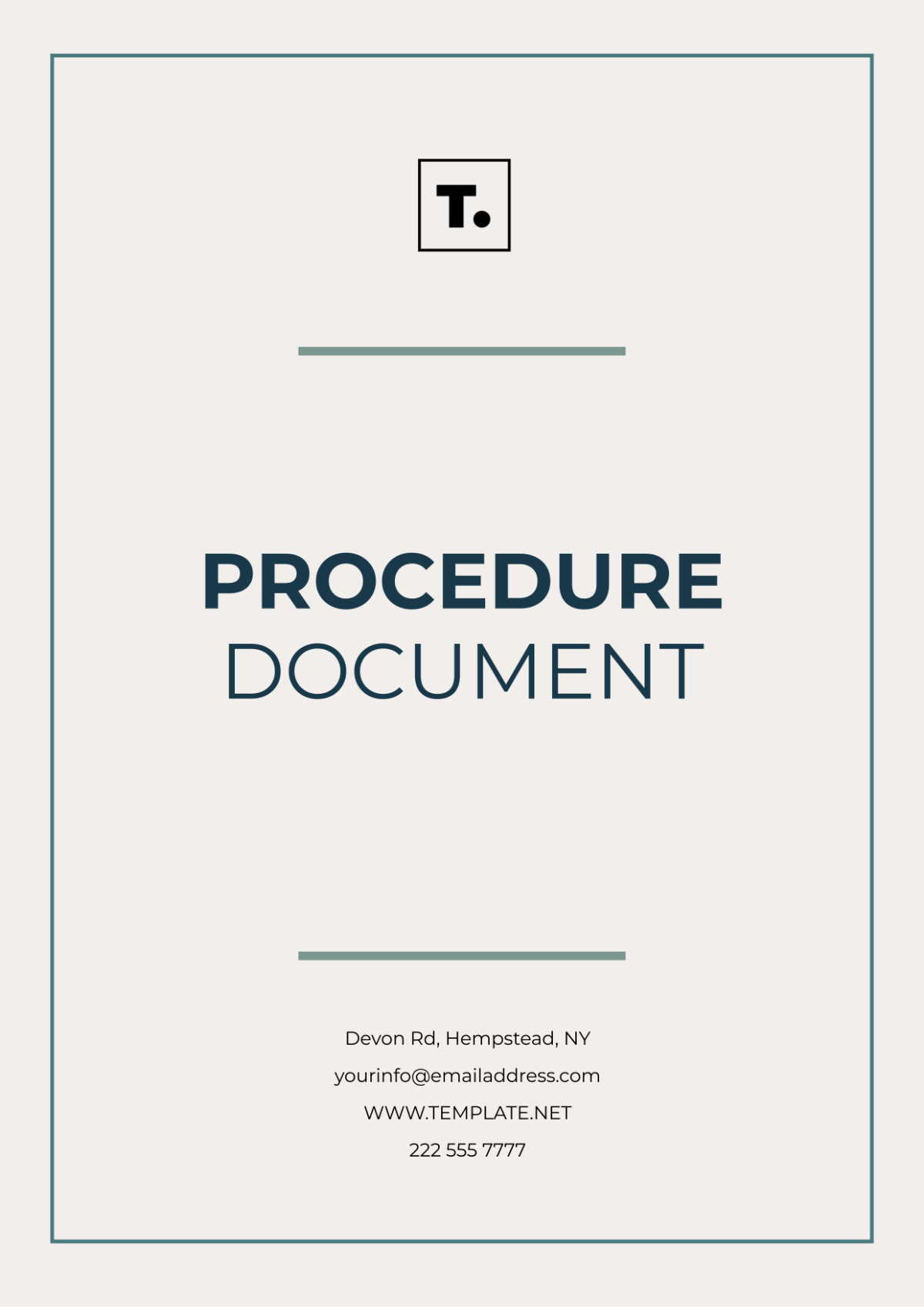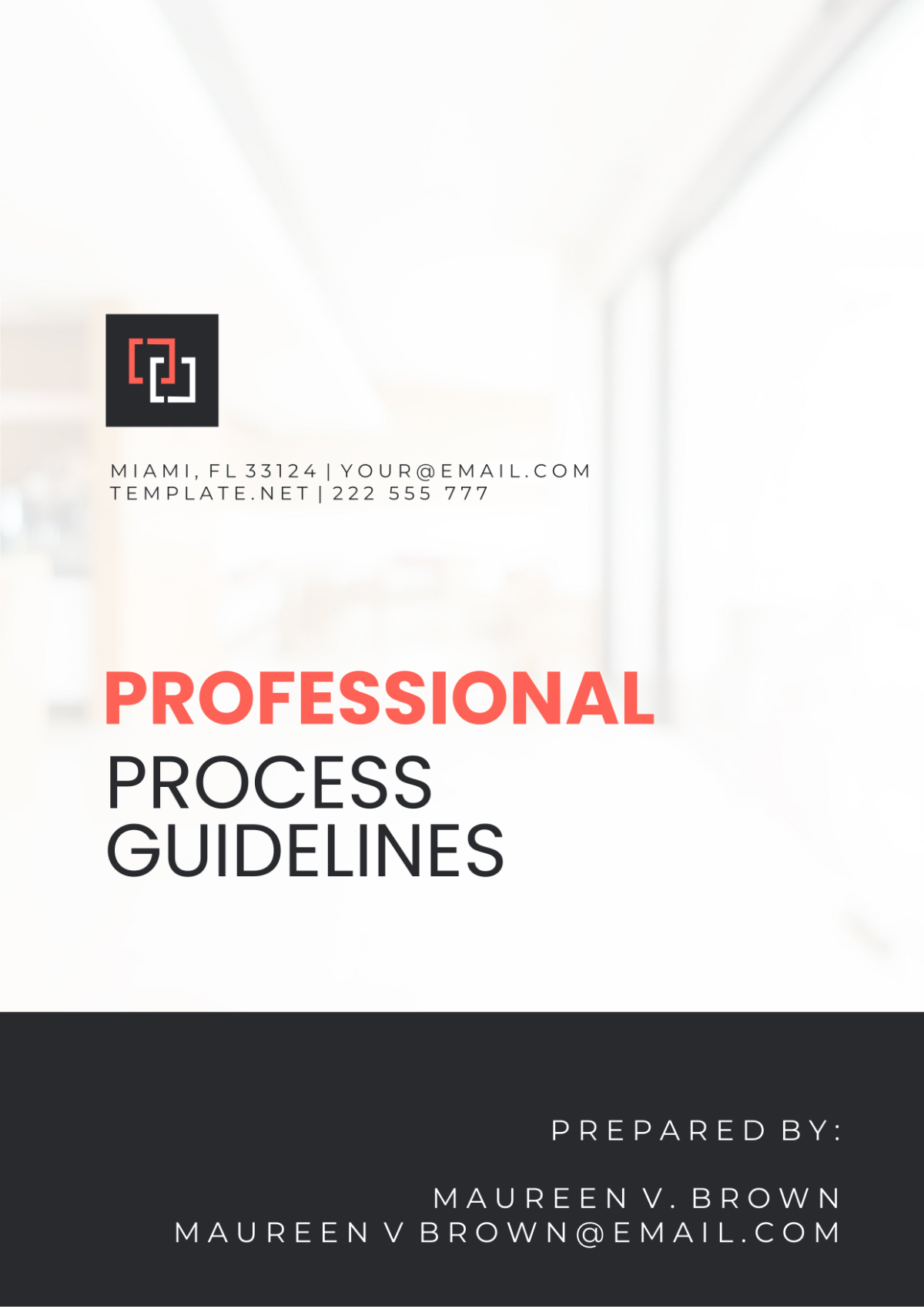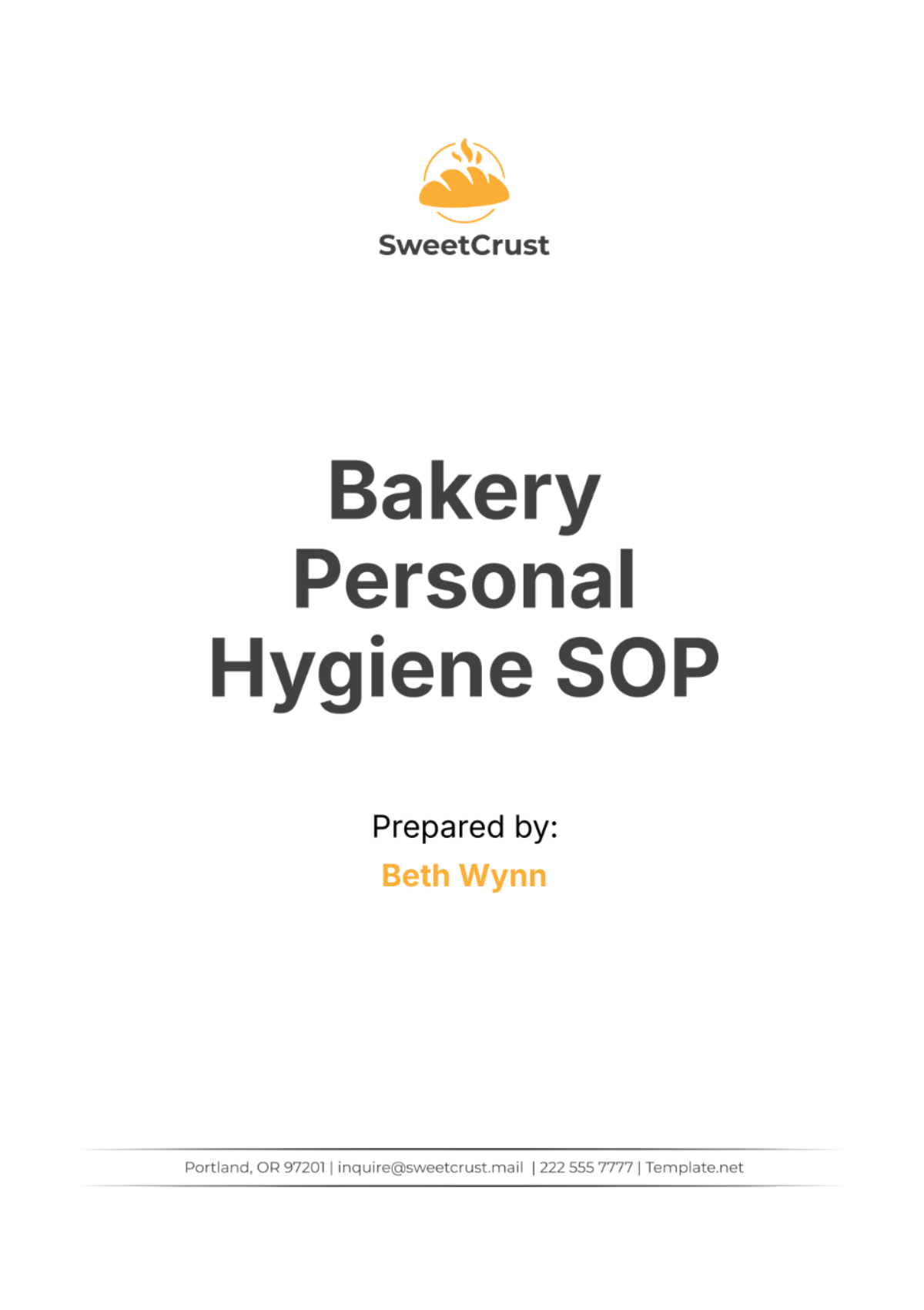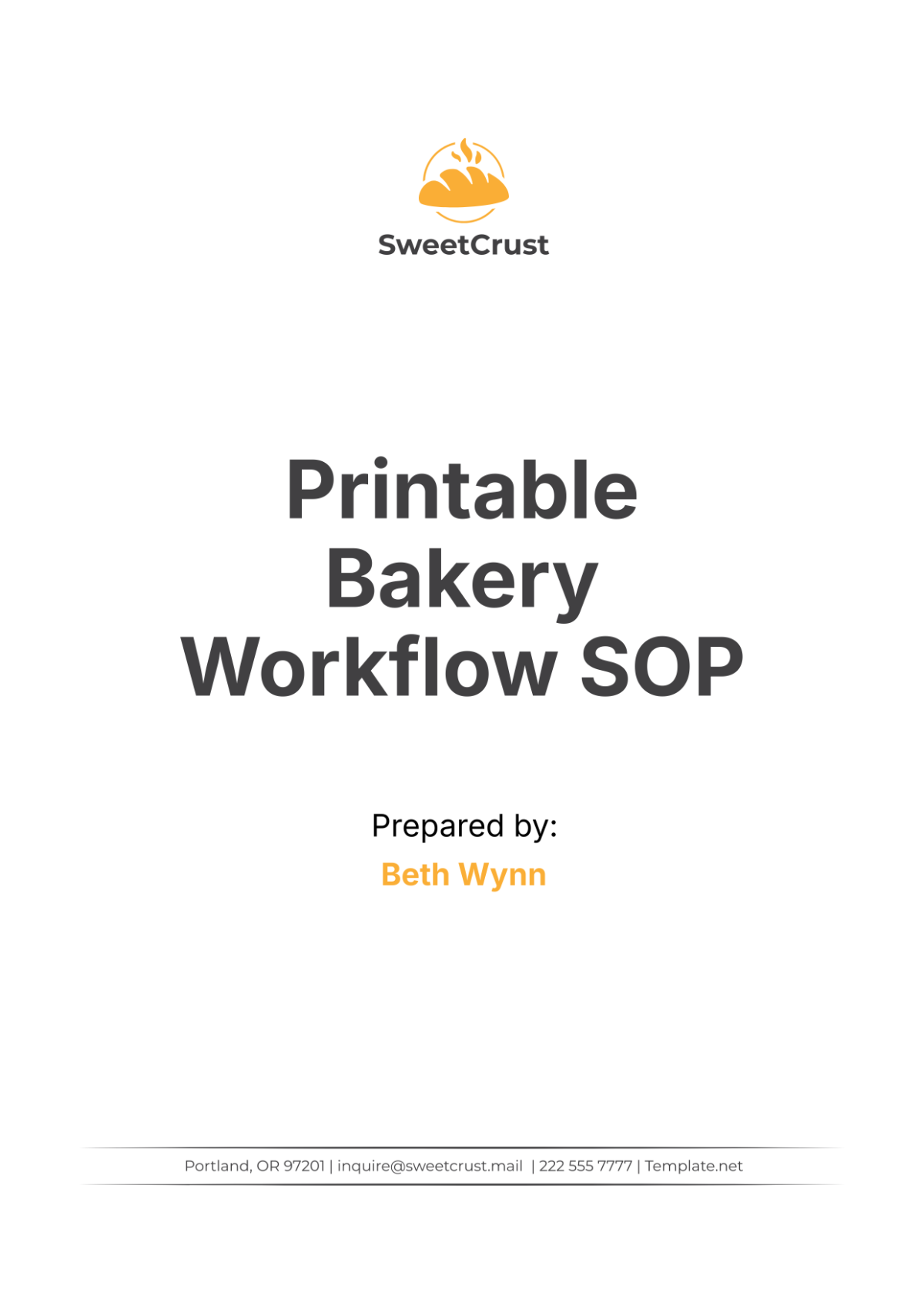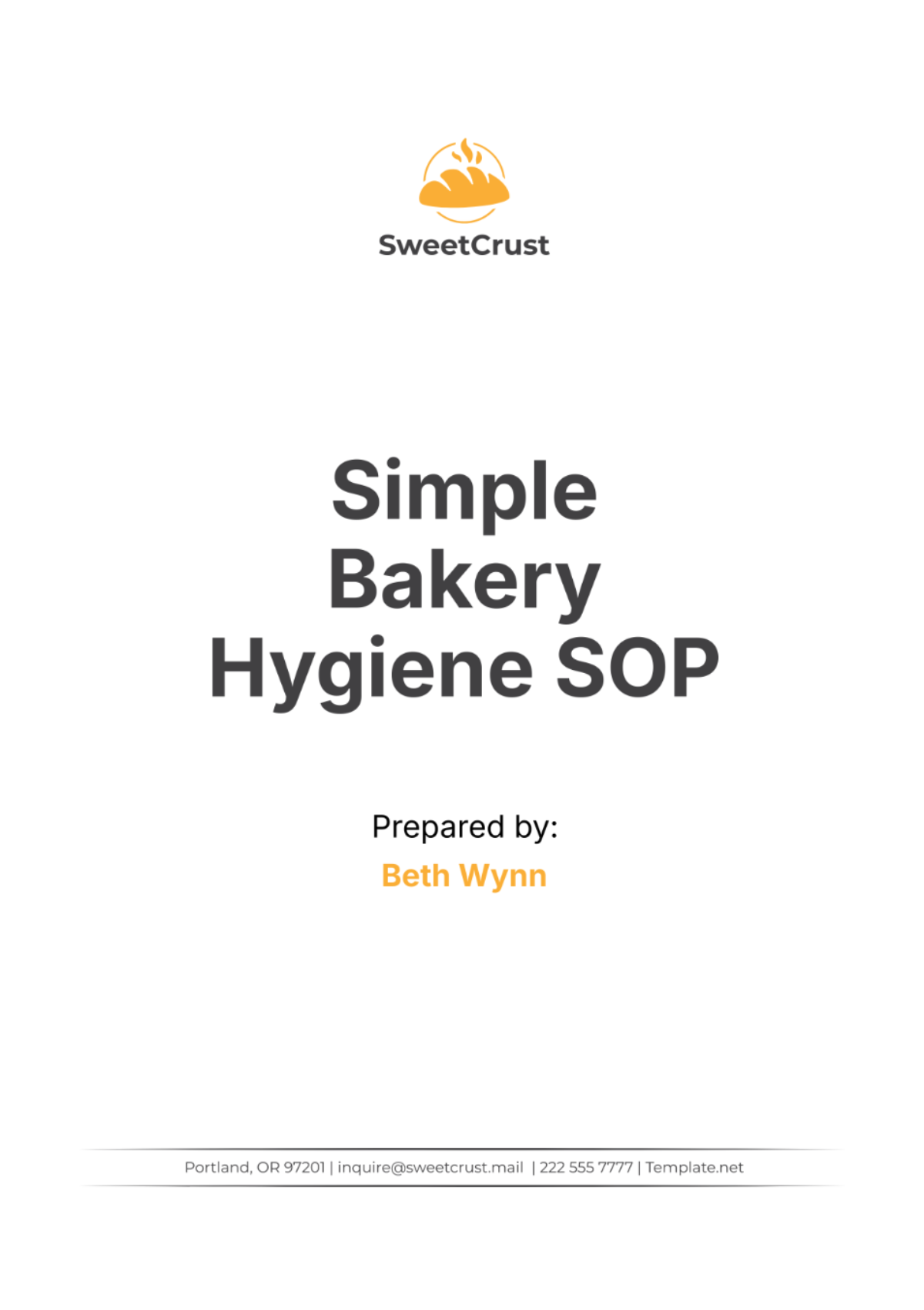Marketing SOP
I. Objective:
The objective of this SOP is to provide a detailed framework for planning, executing, and measuring the success of marketing campaigns. It aims to ensure consistency, efficiency, and effectiveness in our marketing efforts, ultimately driving business growth and achieving marketing goals.
II. Issuing Authority:
This SOP is issued by the Marketing Department and is applicable to all marketing team members involved in campaign planning and execution.
III. Users:
This SOP is to be used by marketing team members responsible for planning, executing, and measuring the success of marketing campaigns. It may also be used by other departments or individuals involved in marketing-related activities.
IV. Sections:
Purpose
The purpose of this SOP is to ensure that all marketing campaigns are planned, executed, and measured in a structured and efficient manner, ultimately leading to the achievement of marketing objectives and the enhancement of brand awareness and customer engagement.
Scope
This SOP applies to all marketing campaigns conducted by the Marketing Department, including but not limited to digital marketing campaigns, print media campaigns, and event marketing campaigns. It also applies to all marketing team members involved in campaign planning, execution, and measurement.
Responsibilities
The Campaign Manager is responsible for overseeing the entire campaign planning and execution process, including setting campaign objectives, developing campaign strategies, and managing campaign budgets.
The Creative Team is responsible for developing creative assets such as ad copies, images, and videos, in alignment with the campaign objectives and messaging.
The Marketing Analyst is responsible for analyzing campaign performance data, identifying key insights, and making recommendations for campaign optimization.
Campaign Planning
Define campaign objectives based on marketing goals and target audience insights.
Conduct a SWOT analysis to identify strengths, weaknesses, opportunities, and threats.
Develop a campaign strategy outlining key messaging, creative concepts, and media channels to be used.
Create a detailed campaign timeline with milestones and deadlines for each phase of the campaign.
Campaign Execution
Develop creative assets based on the campaign strategy and brief the Creative Team accordingly.
Execute media planning and buying based on the approved media plan.
Launch the campaign across all selected media channels.
Monitor the campaign closely to ensure that it is running smoothly and according to plan.
Campaign Measurement
Use key performance indicators (KPIs) such as reach, engagement, and conversion rates to measure the success of the campaign.
Use analytics tools such as Google Analytics and social media insights to track campaign performance.
Prepare regular performance reports detailing campaign results and insights.
Campaign Optimization
Based on campaign performance data, make adjustments to the campaign strategy and creative assets as necessary.
Continuously monitor campaign performance and make real-time optimizations to maximize results.
Conduct a post-campaign analysis to evaluate the overall success of the campaign and identify areas for improvement.
Documentation
Maintain a comprehensive campaign file containing all relevant documents such as campaign briefs, creative briefs, media plans, and performance reports.
Ensure that all documentation is organized and easily accessible to team members and stakeholders.
Approval Process
All campaign plans and creative concepts must be approved by the Campaign Manager before execution.
Any changes to the campaign strategy or creative assets must be approved by the Campaign Manager and relevant stakeholders.
Communication
Maintain open and transparent communication with all team members and stakeholders throughout the campaign.
Provide regular updates on campaign progress, results, and any changes to the campaign plan.
Training
Provide training to marketing team members on the use of campaign planning and execution tools and platforms.
Conduct regular workshops and seminars to enhance team members' skills and knowledge in campaign planning and execution.
References
Campaign Brief Template
Creative Brief Template
Media Plan Template
Campaign Performance Report Template
V. Approval:
[Your Name], Marketing Director
Drew Lane, Campaign Manager
Date of Approval: [Date]
This SOP is effective from [Date]. Any deviations from this SOP must be approved by the Marketing Director.
VI. Revision History:
Document any changes or revisions made to this SOP, including the date of revision and the reason for the change.
VII. Distribution:
Distribute this SOP to all relevant stakeholders and ensure that it is easily accessible for reference during campaign planning and execution.
VIII. Review:
This SOP will be reviewed annually to ensure its effectiveness and relevance to current marketing practices. Any updates or changes will be documented in the revision history section.
